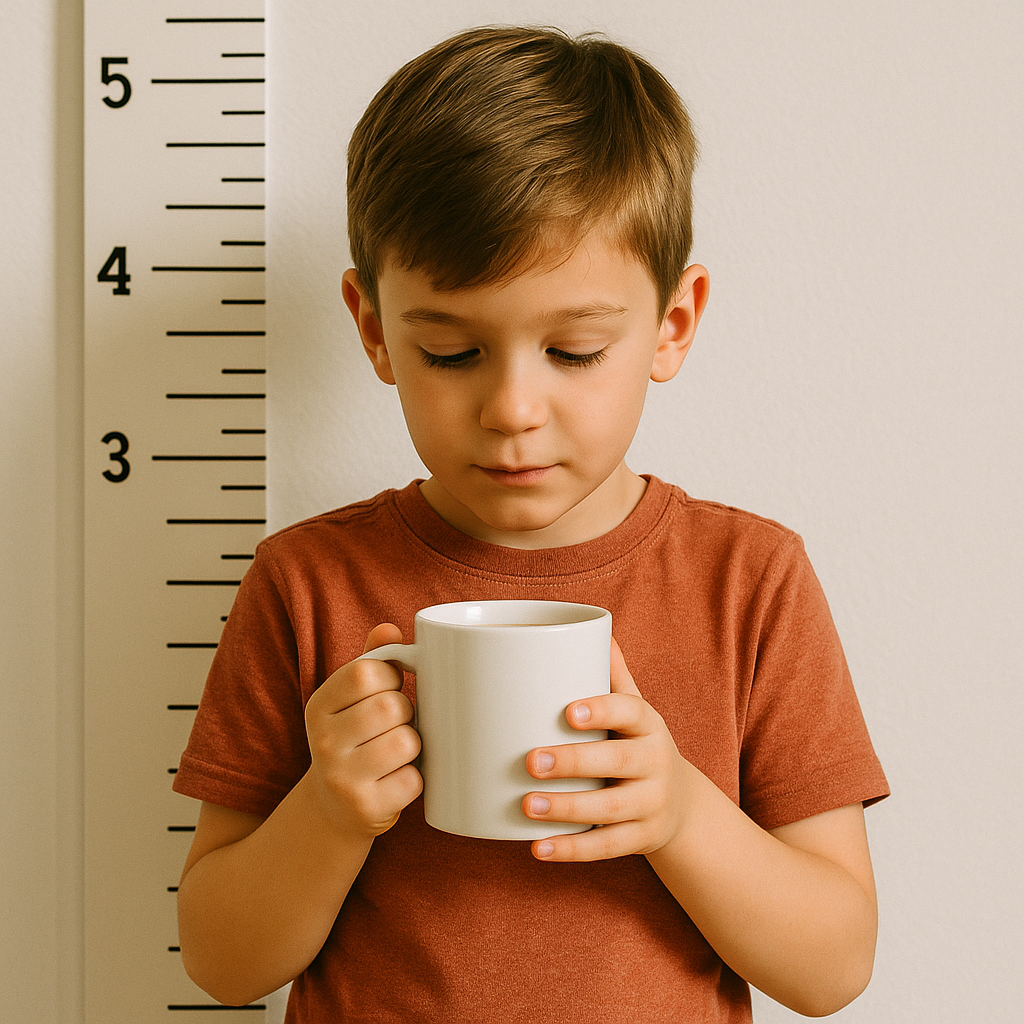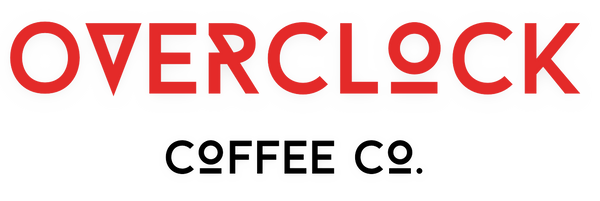
Does Coffee Stunt Your Growth? Debunking the Myth with Science
Does Coffee Stunt Your Growth? Debunking the Myth with Science
For generations, parents have warned their kids: “Don’t drink too much coffee, it’ll stunt your growth!” But is there any truth to this claim, or is it just another myth that’s been percolating for too long?
Let’s separate fact from fiction, using real science, expert sources, and a good dose of logic. Spoiler: you can probably sip your Overclock Coffee without fear of shrinking.
Where Did This Myth Come From?
The myth likely originated in the early 20th century when studies linked caffeine to decreased calcium absorption, leading to speculation that it could affect bone growth (Heaney, 2002). Advertisements from cereal brands even leaned into this narrative to promote “healthier” breakfast choices.
But newer research shows the story is far more nuanced, and not nearly as scary.
What the Science Actually Says
The current scientific consensus is clear: moderate coffee consumption does not stunt growth.
A landmark study published in the Journal of Pediatrics followed over 80 adolescents for six years and found no significant difference in bone development between caffeine drinkers and non-drinkers (Berkey et al., 1998).
“There is no evidence that caffeine consumption has any adverse effect on linear growth in children or adolescents.” — Berkey et al. (1998)
Another study from Nutrition Reviews found that while caffeine can slightly increase calcium excretion, this effect can easily be offset with adequate dietary calcium intake (Heaney, 2002).
How Much Coffee Is Too Much?
While caffeine won’t stunt your growth, it can still have downsides, especially for children and teens.
| Age Group | Recommended Daily Limit (mg) | Equivalent Cups (8 oz) |
|---|---|---|
| Adults (18+) | 400 mg | ~4 cups |
| Teens (13–18) | 100 mg | ~1 cup |
| Children (<12) | Not recommended | 0 cups |
Source: U.S. Food & Drug Administration (FDA, 2022)
Does Coffee Impact Bone Health?
Not directly. Bone health is influenced by many factors, like calcium intake, vitamin D, exercise, and genetics. Caffeine’s impact is minimal and manageable.
A comprehensive review published in Food and Chemical Toxicology concluded that moderate caffeine consumption does not significantly affect bone mineral density when calcium intake is adequate (Rapuri et al., 2001).
“There’s little reason to believe that coffee negatively affects long-term skeletal health.” — Rapuri et al. (2001)
Bonus Tip: Clean Machine = Better Brew
Keeping your coffee machine clean can improve both taste and health. If you use a Keurig, make sure to descale it regularly. Read our Keurig Descaling Solution guide to learn more.
Overclock’s Picks for Every Growth Stage
| Coffee Blend | Roast Level | Caffeine Impact | Notes |
| Dragon’s Breath Roast | Medium-Dark | High | Ideal for early risers |
| Zombie Espresso Antidote | Dark Roast | Extra High | Revive after all-nighters |
| French Toast Capacitor | Medium Roast | Moderate | Balanced and nostalgic |
Final Verdict: Sip Freely
There’s no evidence that coffee stunts your growth. So whether you're short, tall, or still growing, you can enjoy a cup of Overclock Coffee without worrying it’ll shave inches off your height.
Like most things in life, moderation is key. But the science is clear: your growth is safe. Your coffee? Better than ever.
References
Berkey, C. S., Rockett, H. R., Field, A. E., Gillman, M. W., Frazier, A. L., & Colditz, G. A. (1998). Caffeine intake and the growth of adolescent girls. Journal of Pediatrics, 133(5), 688–693. https://doi.org/10.1016/S0022-3476(98)70153-7
Heaney, R. P. (2002). Effects of caffeine on bone and the calcium economy. Nutrition Reviews, 60(10 Pt 1), 257–260. https://doi.org/10.1301/002966402320634958
Rapuri, P. B., Gallagher, J. C., Kinyamu, H. K., & Ryschon, K. L. (2001). Caffeine intake increases the rate of bone loss in elderly women and interacts with vitamin D receptor genotypes. American Journal of Clinical Nutrition, 74(5), 694–700. https://doi.org/10.1093/ajcn/74.5.694
FDA. (2022). Spilling the Beans: How Much Caffeine is Too Much? U.S. Food & Drug Administration. https://www.fda.gov/consumers/consumer-updates/spilling-beans-how-much-caffeine-too-much
